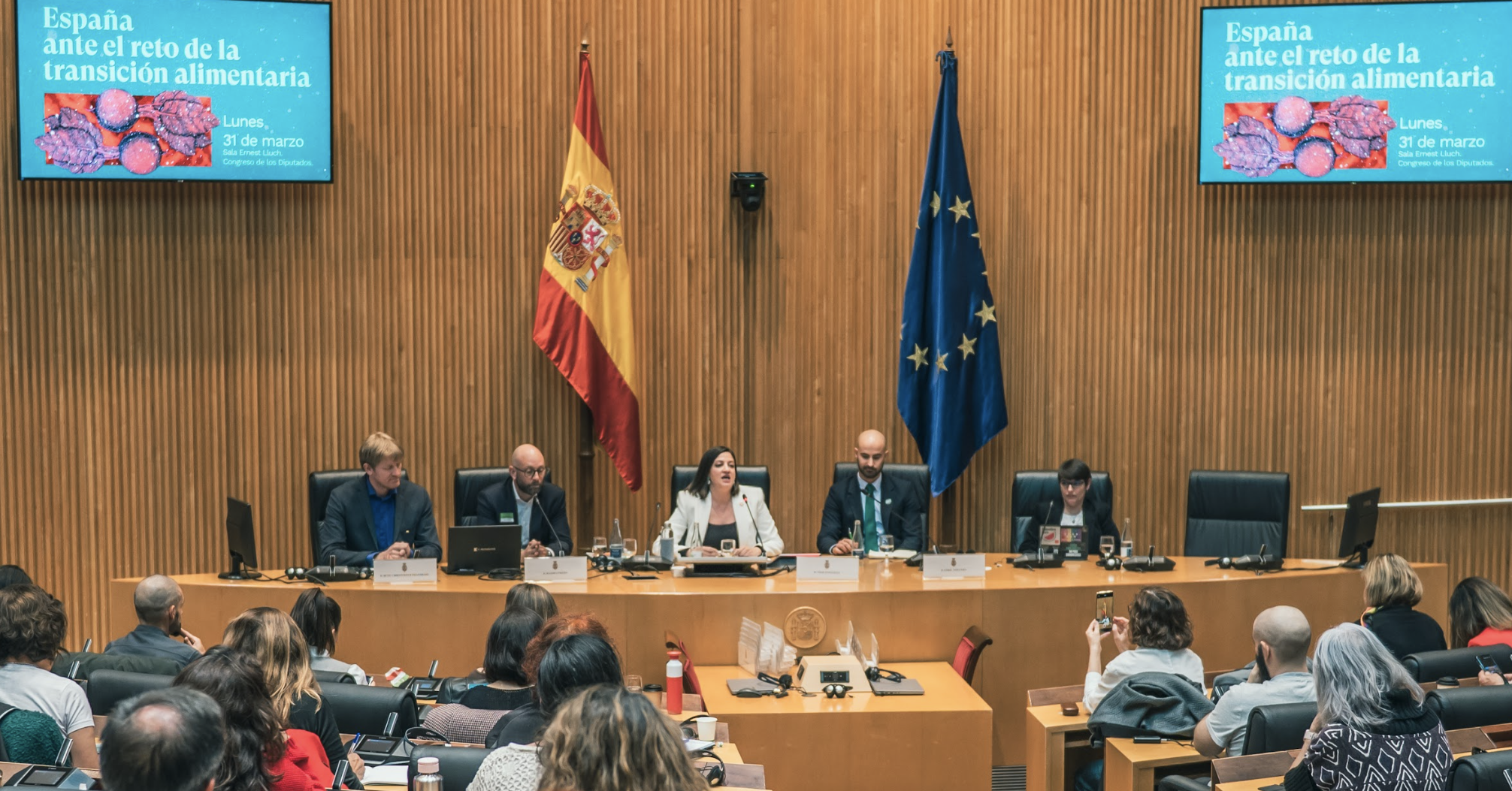Hello everyone!
We are very pleased to share two new commitments for Peru:
- Doomo Saltado, a Peruvian restaurant in Lima city with two locations, has started using cage-free eggs since last month and has announced its cage-free commitment for 2024.
- Armónica, one of the restaurants of Arama gastronomic group, was already using cage-free eggs and made their commitment public in 2024.
Commitment link:
You can see Doomo Saltado’s commitment in this LINK.
You can see Armónica’s commitment in this LINK.
Scale: National (Perú)
Timeline:
Doomo Saltado: First contact in January 2024, continuous follow-up until achieving an in-person meeting in February 2024.
Armónica (Arama): First contact in August 2023, continuous follow-up until achieving an in-person meeting in April 2024. (Compromiso Verde).
ARBA and Sinergia Animal have been in contact with Arama since 2022, and they have also succeeded in having negotiation meetings.
Who:
Doomo Saltado: Compromiso Verde
Armónica (Arama): Compromiso Verde, Asociación para el Rescate y Bienestar de los animales (ARBA), Sinergia Animal
Unsuccessful Tactics: Sending personalized emails monthly to schedule a virtual or in-person meeting didn't work with Armónica (Arama).
Successful Tactics: Sending a biweekly newsletter with valuable content and updates on the cage-free movement worked with Arama. Silvana, Supply Chain Manager, responded saying that she received a lot of emails from us and that they already use cage-free eggs in Armónica. We made a proposal from Compromiso Verde to formalize the commitment. Definitely, what also helped is that other organizations like ARBA and Sinergia Animal were also in contact with the manager, pressuring them to make a cage-free commitment.
With Doomo Saltado, making a presentation focused on sustainability and social responsibility worked, as both are important to the company's culture.
Scalability: Armónica’s commitment is very important because Arama is a gastronomic group with 4 business lines and 12 brands, and we will seek commitments for all their brands.
Follow Up: We will stay in touch to request reports and validate compliance with the commitments. Additionally, we will continue to stay in contact with Arama to achieve commitments with the other brands in the chain.
Thank you!


